Muscle Cramps – Why They Happen And How to Stop Them
February 15, 2021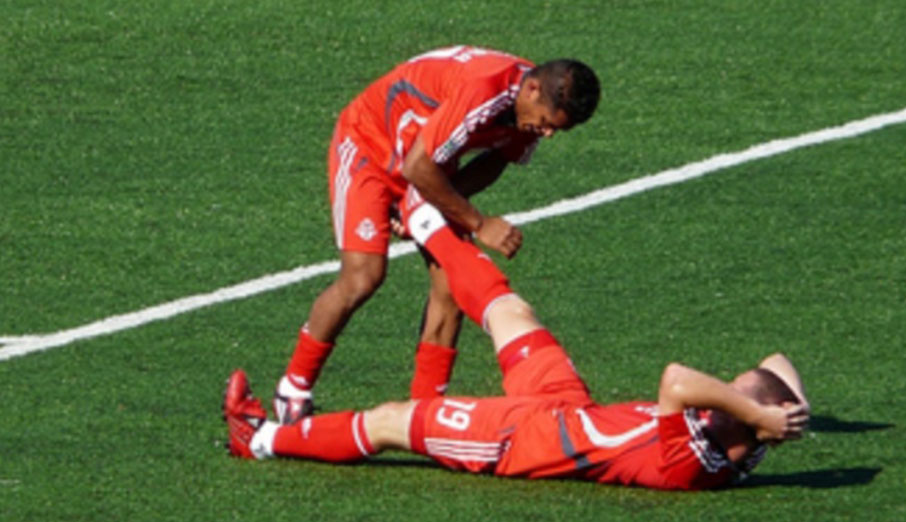
I’m sure we’ve all experienced painful muscle cramps in muscles like the hamstrings, calf or quadriceps during or following exercise. Some people also suffer from leg cramps at night.
So what causes a muscle to cramp, how do you make a cramp stop and how do you stop cramps from happening?
What is a muscle cramp exactly?
A cramp is a sudden, involuntary, spasmodic contraction of a muscle or muscle group, which may be accompanied by severe pain.
What causes a muscle to cramp?
Despite a good deal of study going into this topic, we don’t yet have the full picture on why muscles cramp.
One thing we know is that there are both excitatory and inhibitory motor nerve pathways. That is, nerve pathways that increase and decrease muscle activity. These nerve pathways are subconscious and constantly active to some degree, resulting in the “resting tone” of muscles. When we want to use a muscle there is increased excitatory pathway activity. When we want to use a muscle which produces the opposite movement, or when a muscle is being stretched, there is increased inhibitory pathway activity.
So when a cramp occurs, there is a gross imbalance in the excitatory pathway activity vs the inhibitory pathway activity.
Why?
Well, good question. This is where science hasn’t yet gained a full picture. There are two competing theories, and it may very well be a both-and rather than an either-or situation.
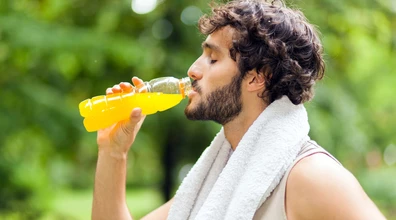
In a very basic sense, one theory is that dehydration (and particularly the loss of sodium associated with it) causes the nerve pathway imbalance, while the other is that muscle fatigue causes it. There is some evidence in support of both these theories.
How Do You Make a Cramp Stop?
Holding the affected muscle in a stretch position helps make a cramp stop. It’s a natural feeling to want to stretch to pull the muscle out of a cramp, but the way it works to relieve a cramp is likely by increasing inhibitory pathway activity to help correct the neural pathway imbalance.
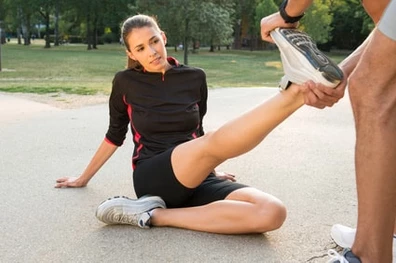
Replacing lost sodium through electrolyte drinks will help, but there is a delayed response due to the time it takes to absorb into the blood stream after being drunk.
Consuming pickle juice has become a popular method to resolve cramping, particularly among cyclists. There is evidence that this works much more quickly to resolve cramps than consuming electrolyte drinks. It is thought that this is because the acetic acid in pickle juice activates receptors in the mouth which have an effect on the nervous system, rather than being due to the sodium in pickle juice. Vinegar also contains acetic acid, and other pungent foods like wasabi and mustard oil also activate these receptors.
How Do You Prevent Cramps From Happening?
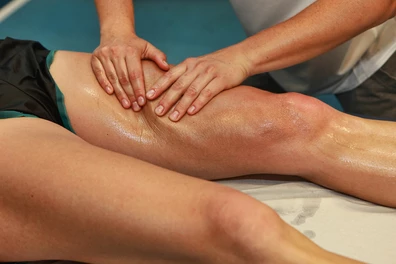
We may not be able to 100% prevent cramps from happening, but the following strategies are likely to significantly reduce your risk of suffering cramps.
- Staying hydrated and replacing electrolytes lost to sweat is most effective during exercise and during recovery from exercise to prevent cramping, rather than helping an active cramp to resolve.
- Preventing muscle fatigue is likely to help. This can be done by appropriately pacing your training load, based on both your fitness levels and the weather conditions (ie take it easy on hot and humid days!) and by tapering your training before big events to make sure you’re well-rested for these big loads.
- Regular, sustained stretches (30-60sec) of the affected muscles each day. This has been shown to reduce the incidence of nocturnal cramping.
- Treatment of tight muscles through massage, dry needling, kinesiology taping is likely to reduce their instances of cramping.
- High repetition strength training of affected muscles, with good eccentric control, will help reduce instances of fatigue.
- Getting sufficient potassium, sodium, magnesium and calcium from your diet.
- Mental relaxation techniques and ensuring good sleep hygiene, as good quantity and quality sleep will help reduce muscle fatigue and reduce excitatory pathway activity.
-
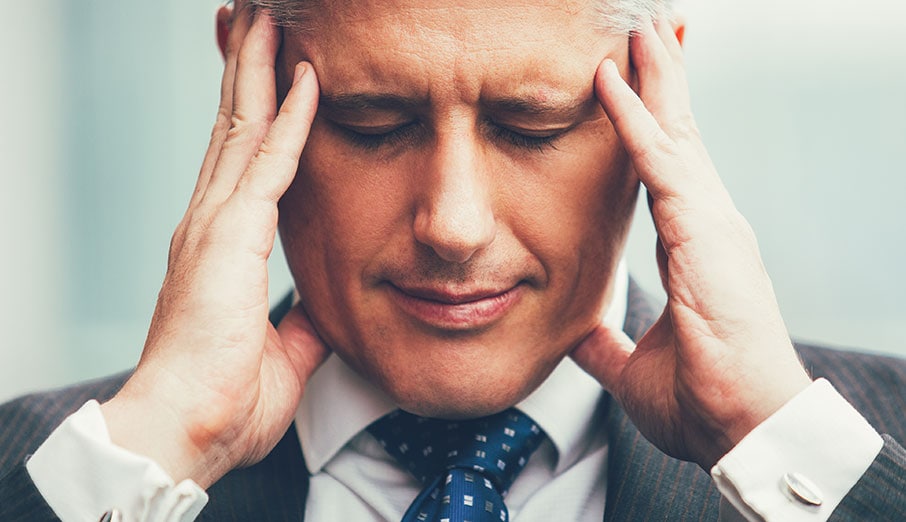 What Can Make Neck Pain a Headache?
What Can Make Neck Pain a Headache?
Often people experiencing a headache are also experiencing neck pain/tightness a...
-
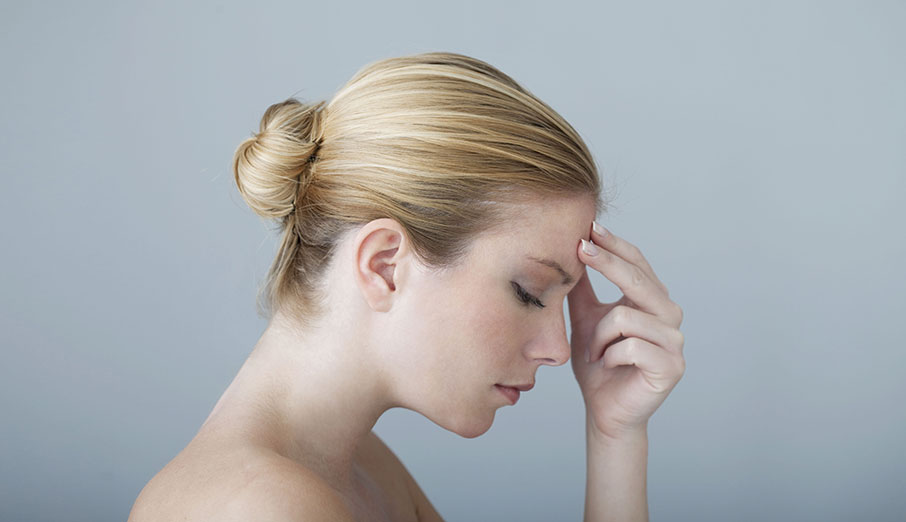 How Physio Can Help Your Headaches
How Physio Can Help Your Headaches
Headaches are no fun. Some people will only experience short-term headaches ever...
-
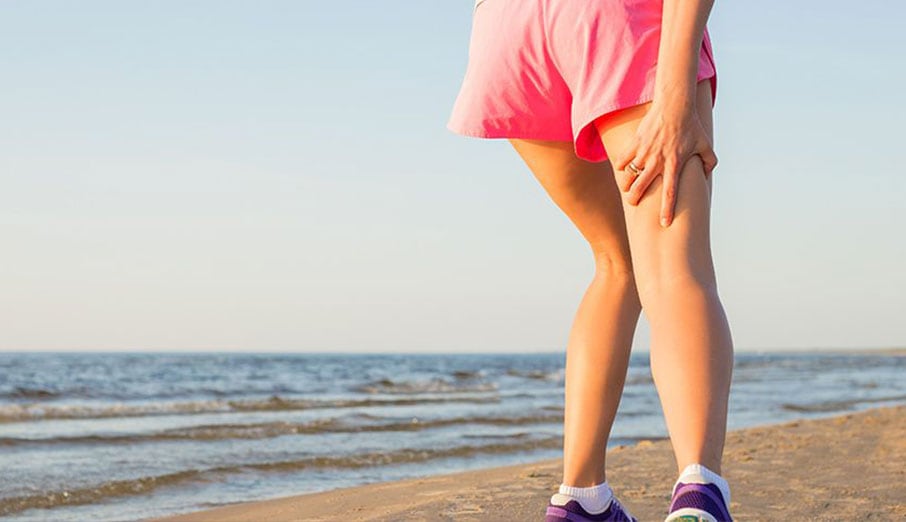 Muscle Strains
Muscle Strains
Winter sports are back and with them come more muscle strains, particularly hams...
